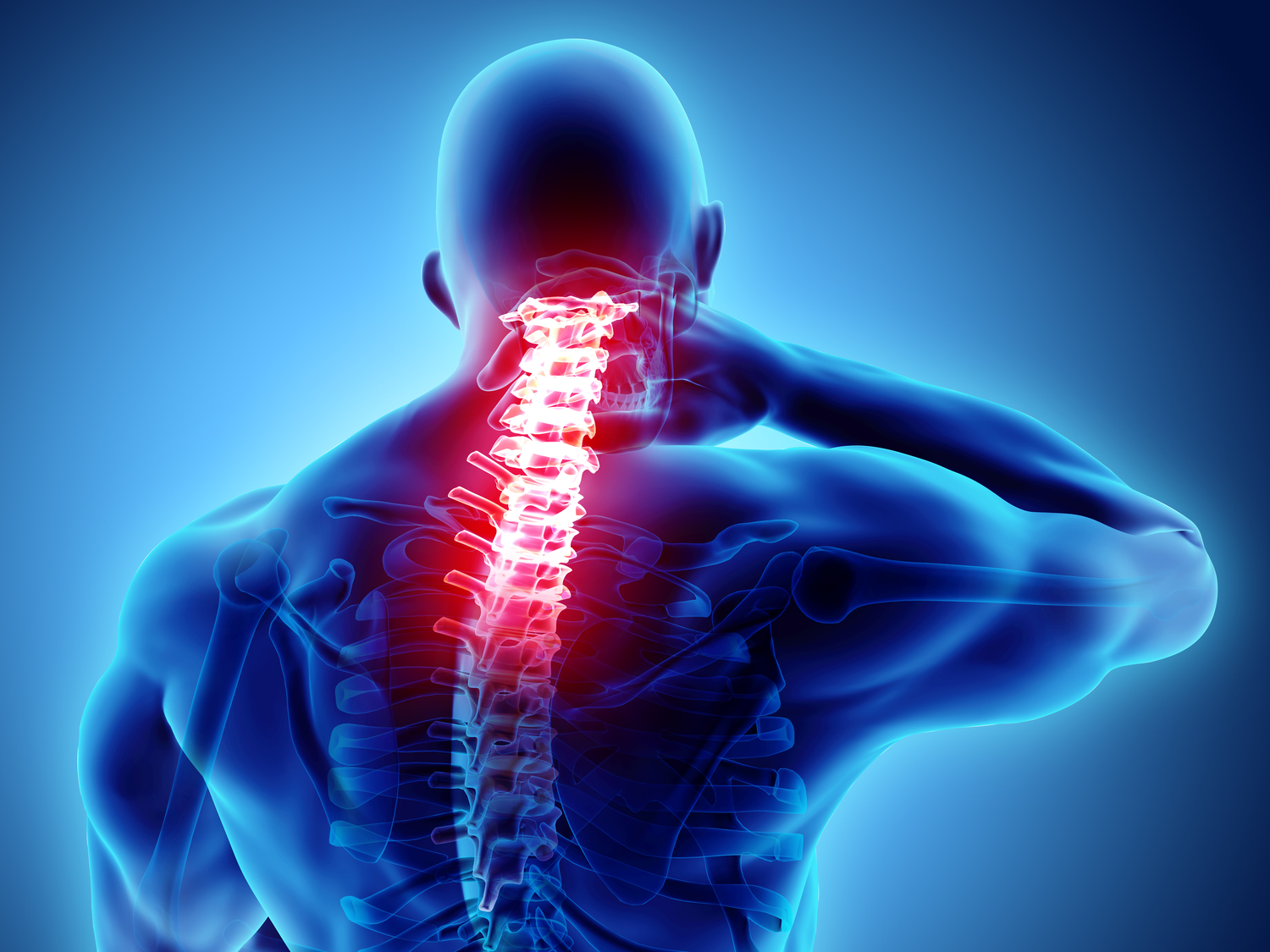Understanding Common Causes of Neck Discomfort
This article explores common causes of neck discomfort including muscle strain, poor posture, and trauma like whiplash. It emphasizes the importance of proper support, ergonomic practices, and prompt medical consultation for effective treatment and prevention of serious complications. Practical tips on posture correction and muscle relaxation are included to help readers manage neck pain effectively.

Understanding Common Causes of Neck Discomfort
The neck is a vulnerable area in the body, lacking substantial protection or support from surrounding structures. Various factors can lead to neck pain. While the body often attempts to heal itself, recognizing the underlying causes is crucial. Since the neck safeguards vital components like the spinal cord and brain, ignoring persistent neck discomfort can have serious consequences. Consulting a healthcare professional is essential for accurate diagnosis and effective treatment to prevent further issues.
Below are three prevalent reasons for neck pain:
Muscle Overexertion
Engaging in activities like exercise, dancing, or lifting heavy objects can strain neck muscles. To alleviate discomfort, applying a topical analgesic cream and using a warm compress can relax the muscles and restore normal function.
Poor Postural Habits
Adopting incorrect sleeping or resting positions, such as turning the head awkwardly, can cause side-specific neck pain. Using ergonomic pillows and maintaining good posture while working can mitigate these issues. Regular stretching and neck exercises help maintain muscle flexibility and support.
Neck Trauma or Whiplash
Sudden jerks or accidents might lead to neck sprains, also known as whiplash. Immediate medical attention is necessary. Treatment may involve immobilization and gentle stretching to allow muscles to relax and return to normal.
Note:
Our blog provides diverse insights into health topics, offering readers practical information supported by research. However, these articles are for informational purposes and should not replace professional medical advice. The site is not responsible for data discrepancies or unlisted offers. Always consult a healthcare professional for a proper diagnosis and treatment plan.










